Why Making a Mascot for your Company

Why Making a Mascot
for your Company
History, Benefits and the Japanese Case
What Is a Mascot? History and Meaning
Mascots are symbolic characters created to represent a brand or an organization. Since ancient times, communities have used iconic images and figures to embody values, offer protection, and bring luck. With the evolution of media and marketing, the mascot has become a strategic tool capable of conveying a brand’s essence in an immediate and engaging way.
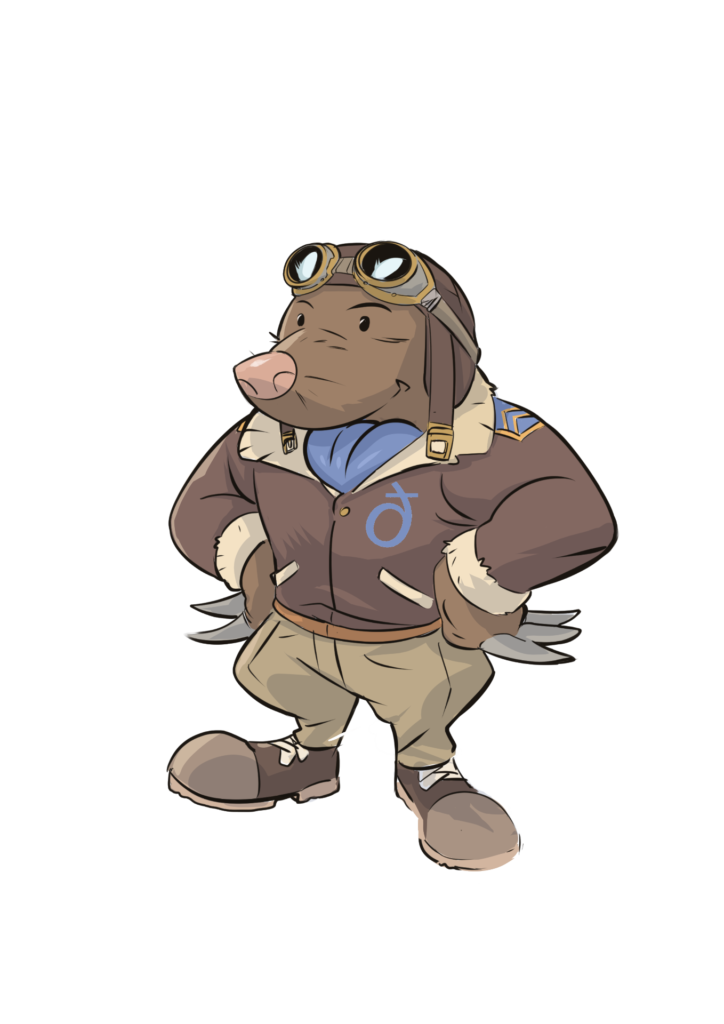
The Benefits of a Corporate Mascot
Investing in a mascot for your company means giving your brand a unique and recognizable face. Here are some key benefits:
Visual Identity and Brand Awareness: An original character helps your brand stand out in a crowded market, making it instantly recognizable.
Engagement and Loyalty: Memorable mascots encourage interaction on social media and during events and promotional campaigns.
Versatile Communication: Whether used in advertising graphics or merchandising, mascots help convey a consistent message across multiple channels.
Storytelling: A well-crafted character can dynamically narrate your brand’s story and values, captivating the audience with its charm.
The Japanese Example: A Model of Success
One of the most compelling cases is seen in Japan with the phenomenon of “Yuru-chara” — regional mascots that have successfully transformed territorial identities. Characters like Kumamon have not only created a strong local identity but also generated significant marketing opportunities and positive word-of-mouth. This example clearly shows how a well-developed mascot can have a substantial economic and cultural impact, inspiring innovative promotional strategies.
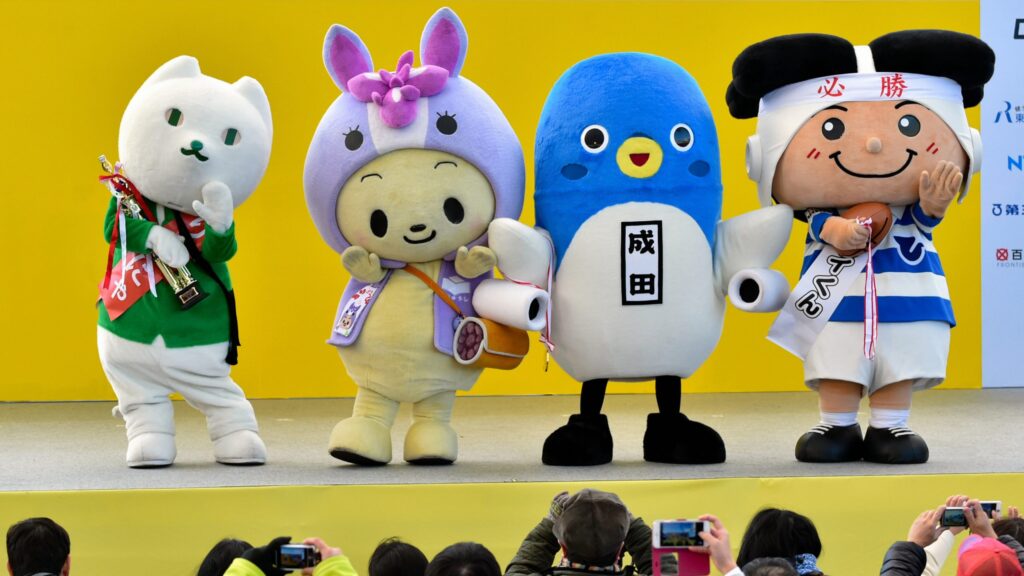
In St. Mark’s Square in Venice Myaku Myaku, the official mascot of Expo 2025 Osaka, and Italia-chan, the official mascot of the Italian Pavilion at Expo 2025 Osaka, greet the Carnival audience
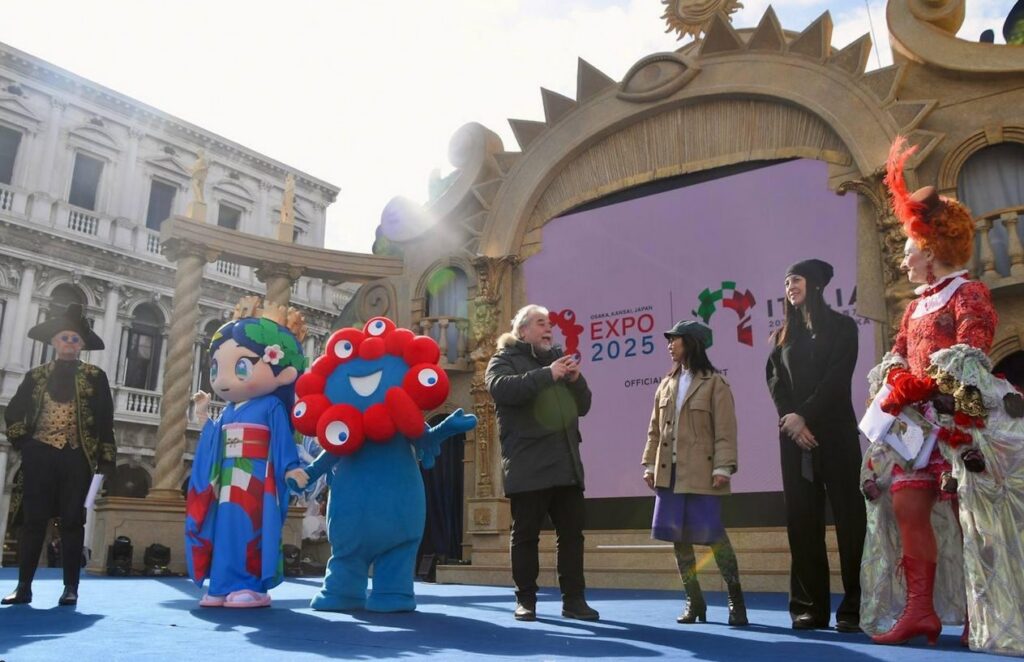
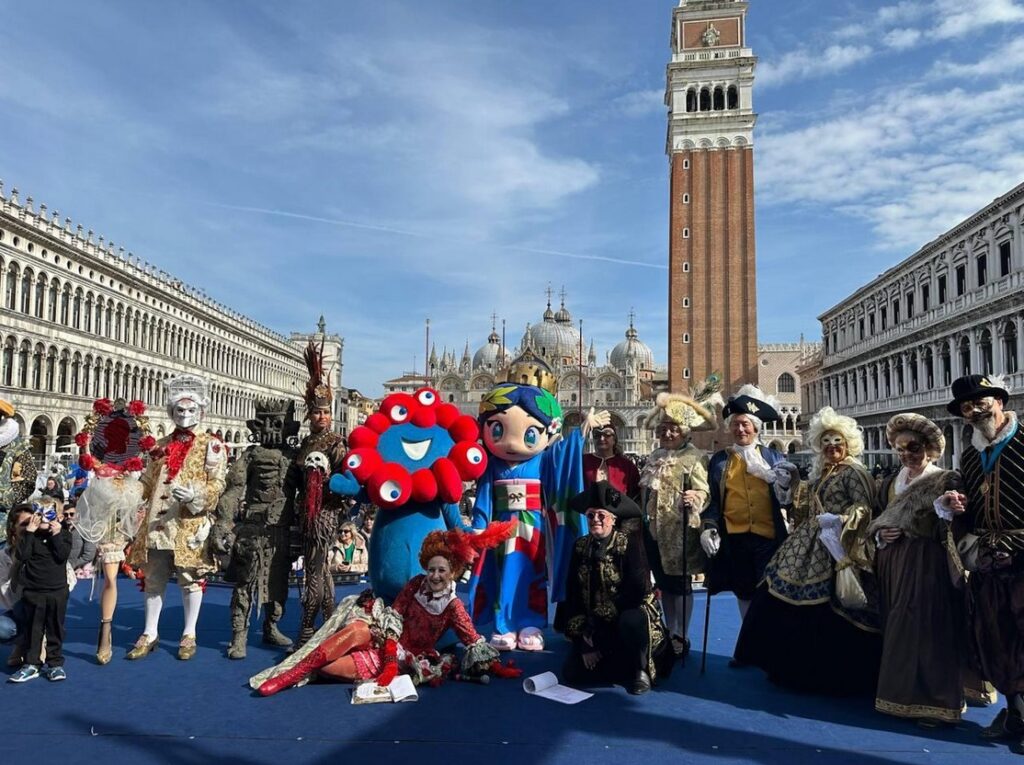
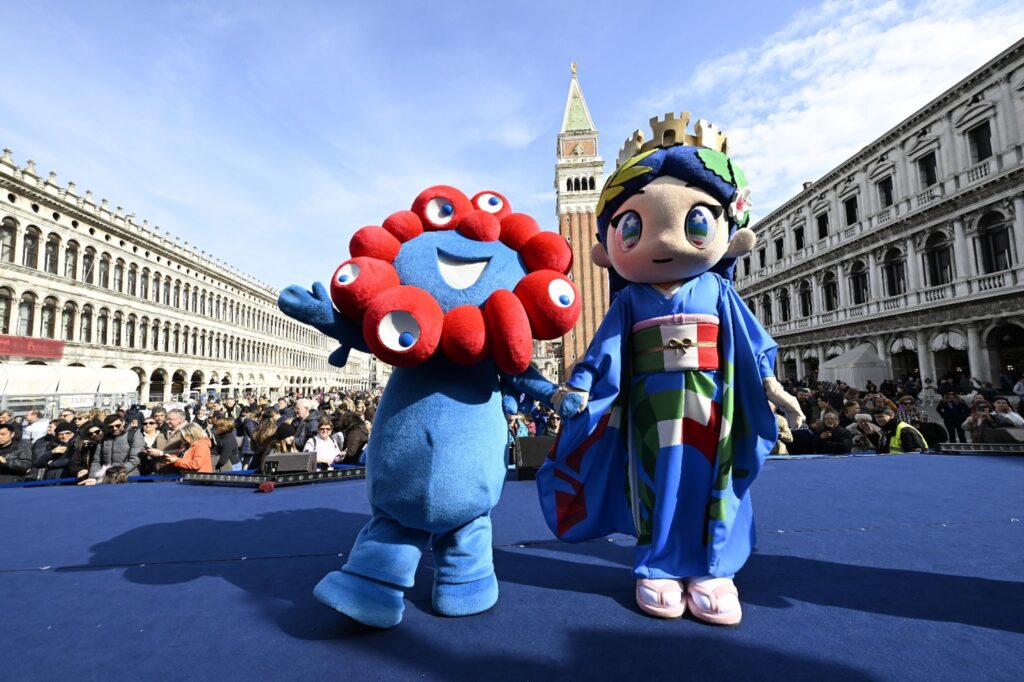
It is crucial to avoid the mistake of creating your mascot solely by using Artificial Intelligence tools. Although these technologies can offer quick ideas, they rely on databases of pre-existing materials and risk generating characters that are too similar to well-known ones, possibly infringing on copyright. A standardized design can lack originality and easily blend into a sea of similar works, diminishing the distinctive impact of your brand.
If you are interested in crafting a character perfectly aligned with your brand identity—both original and impactful—trust in professional expertise. Visit www.dcgraphicart.com
for more information.